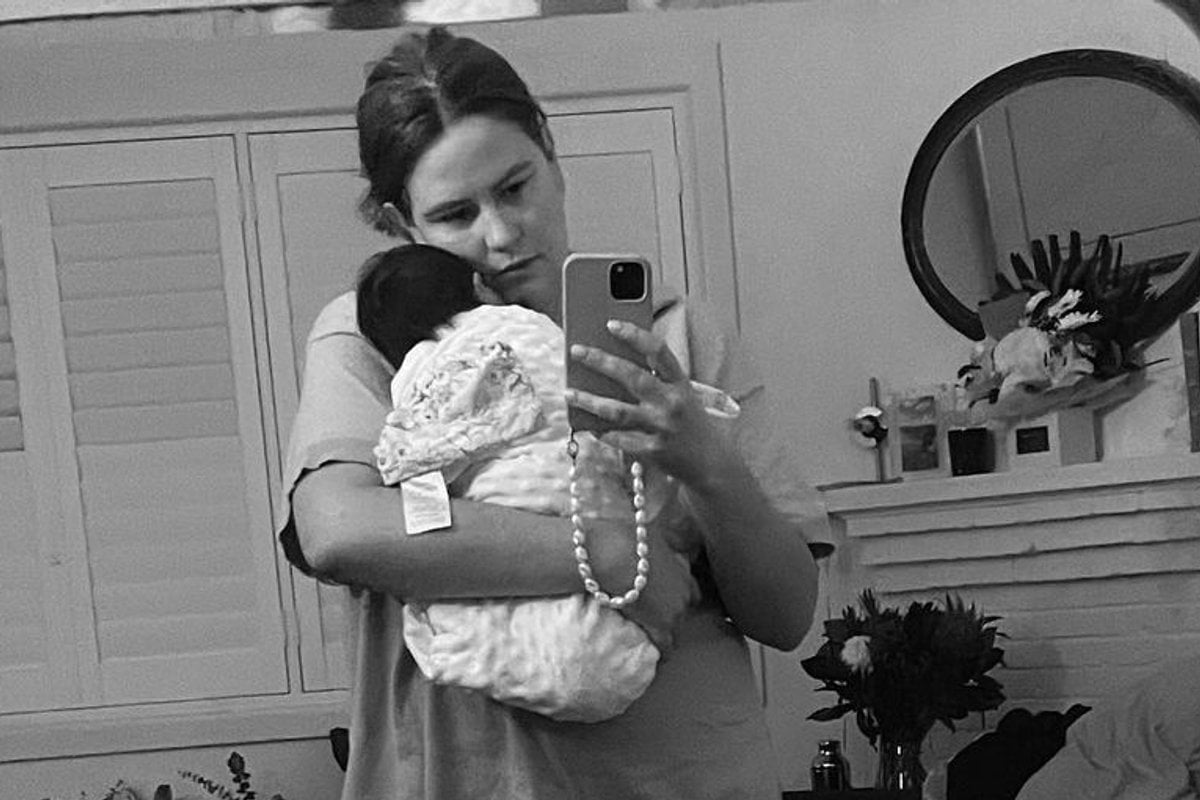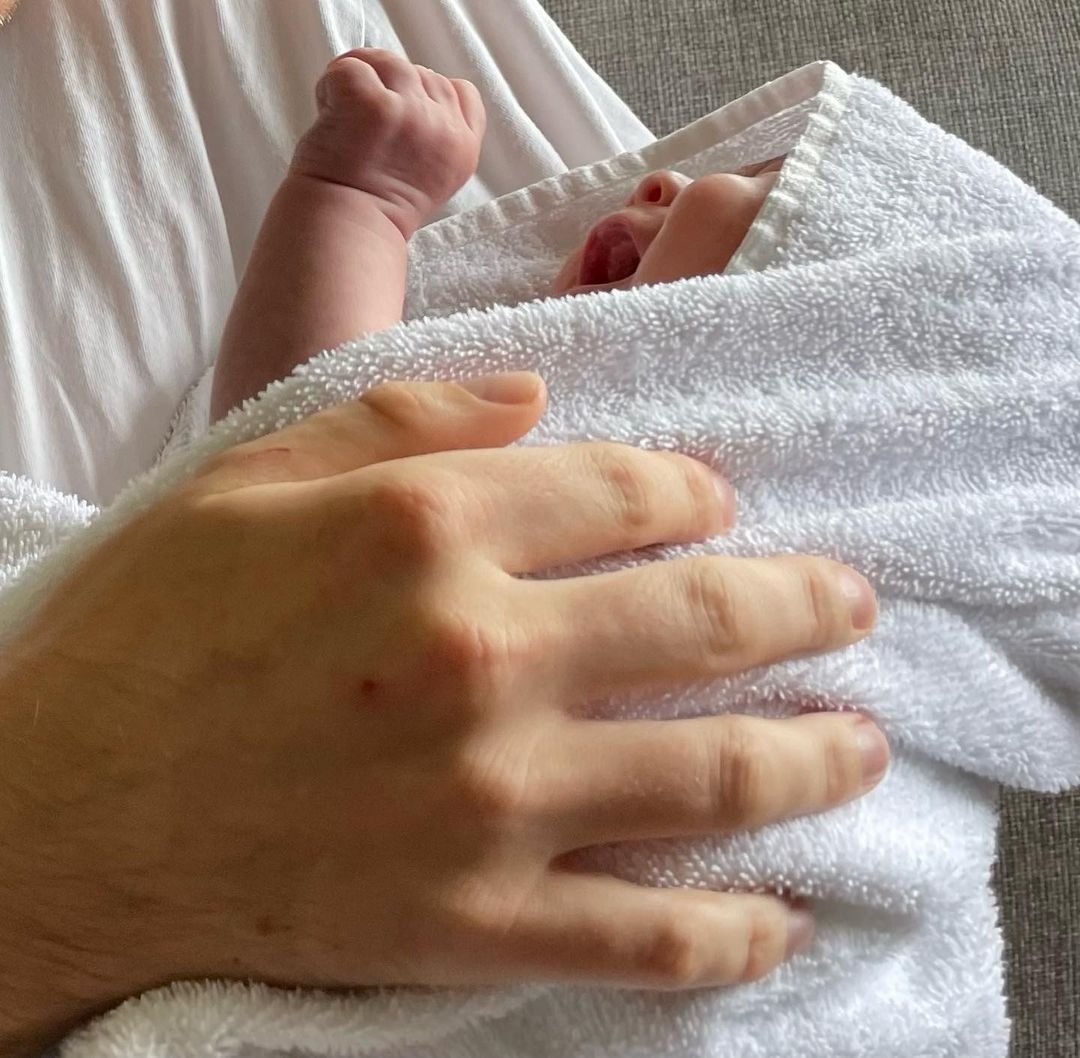
It has taken me 14 months to have the clarity and strength to talk about it, but I’m finally ready to share how I became a mother for the first time and hated it. I want to start off by saying I do not make that statement flippantly or with disrespect to the millions of people in the world who struggle to become parents every day.
But for me to tell this story with the honesty it needs in order to find healing and peace within myself, I want to let you in on everything my mind and heart were grappling with.
I’m going to take you back to the beginning of this story. No, I won’t regale you with the intimate details from between the sheets, but in July 2021 I fell pregnant with my first child. My fiance and I were trudging through our second lockdown with no end in sight and certainly no possibility of getting married soon. Like plenty of others, we threw tradition out the window and decided we’d like to start our family before waiting to tie-the-knot in a ceremony that might not happen for years.
Watch: Horoscopes As New Mums. Story continues after video.
When those two lines popped up on the pregnancy test I was in shock. It didn’t feel real and wouldn’t for many months. I always knew I wanted to be a mother and now it was happening. I had a baby girl growing inside of me and I was impatient from the first day I found out she was there — all I wanted was to meet her.


Top Comments